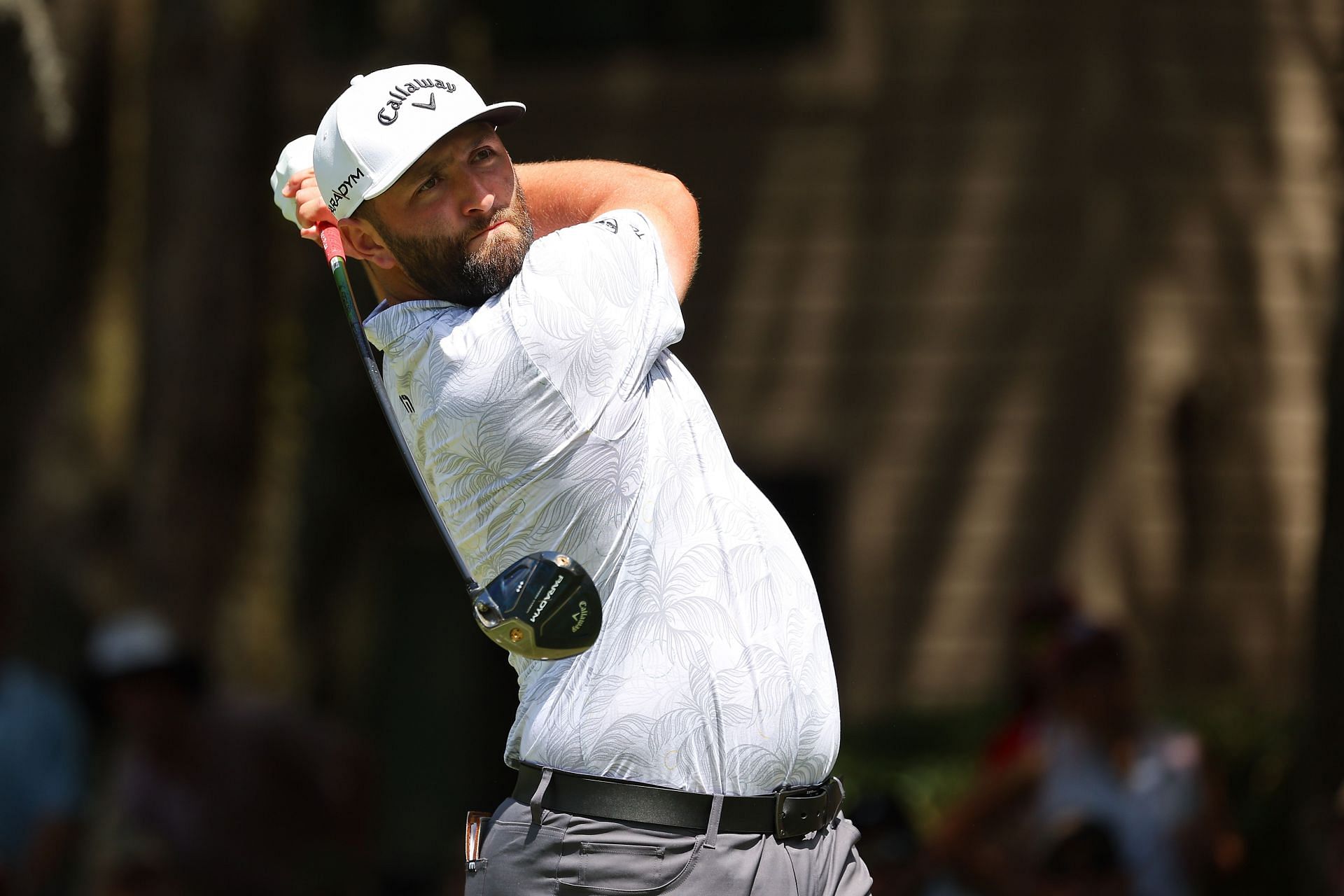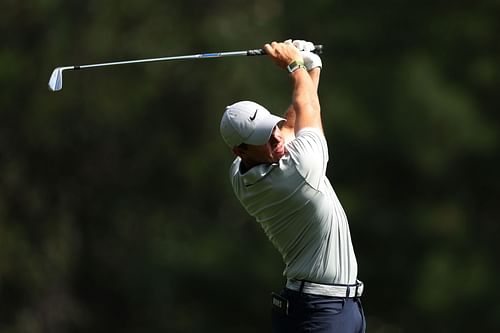
If you're a golf beginner lacking power, here's how you can improve it
One of the most common challenges that every golf beginner faces is how to increase their power and hit the ball further. Power is not only determined by how hard you swing, but also by how efficiently you transfer energy from your body to the club and to the ball.
By correcting poor posture, alignment, weak grip, tense swings, poor weight transfer and balance, every golf beginner should be able to improve it.

What does a golf beginner need?
One of the main reasons why beginners lack power is that they have poor posture and alignment. Poor posture can cause your spine to curve and your shoulders to slump, which reduces your range of motion and prevents you from rotating your torso properly.
Poor alignment can cause your feet, hips, shoulders, and clubface to point in different directions, which creates inconsistency and inefficiency in golf beginner´s swing.
To improve your posture and alignment, you should stand tall and relaxed, with your feet shoulder-width apart and parallel to your target line. Your hips and shoulders should also be parallel to your target line, and your clubface should be square to the ball.
Another reason why golf beginners may lack power is that they have a weak grip and a tense swing. A weak grip can cause your clubface to open or close during the swing, which affects the direction and distance of your shots.
A tense swing can cause a golf beginner to lose speed and fluidity, which reduces your power and accuracy. To improve your grip and swing, you should hold the club firmly, but not tightly, with your hands in a neutral position. You should also relax your arms and shoulders, and swing with a smooth tempo and rhythm.
A third reason why beginners lack power is that they have poor weight transfer and balance. Poor weight transfer can cause you to either sway or slide during the swing, which disrupts your stability and timing. Poor balance can cause you to either fall back or forward during the swing, which affects your contact and follow-through.
To make your weight transfer and balance better, you should shift your weight from your back foot to your front foot as you swing, without moving your head or hips too much. You should also finish with the weight on your front foot and your chest facing the target.

A common and fixable problem
Lack of power is not a rare problem among beginners. Even great golf stars had this issue, and not only in their early days.
Rory McIlroy: The former world number one has struggled with his consistency and confidence in recent years. He has admitted that he lost some of his power after trying to emulate Bryson DeChambeau's swing speed. McIlroy could benefit from focusing on his own strengths and finding a balance between power and control.
Lexi Thompson: The American star is one of the longest hitters on the LPGA Tour, but she has also been criticized for her erratic driving. She often misses fairways and greens, which costs her strokes and opportunities. Thompson was able to improve her power by working on her alignment, tempo, and balance.
Jon Rahm: The current world number one is known for his aggressive and fiery style of play. He can hit the ball very far, but he also tends to over-swing and lose his shape. Rahm got his power better by refining his swing mechanics and staying more relaxed and composed under pressure.
Lydia Ko: The current number one in the Rolex Ranking has regained her form and confidence after a slump in her career. Her fitness and strength have improved, which has helped her increase her distance off the tee. However, she still lacks some power compared to her rivals. Ko has helped her power grow by adding more speed and torque to her swing.
So, by following these tips and exercises, you (as a golf beginner) can improve your power and hit the ball farther. Remember that power is not only about strength but also about technique and efficiency.